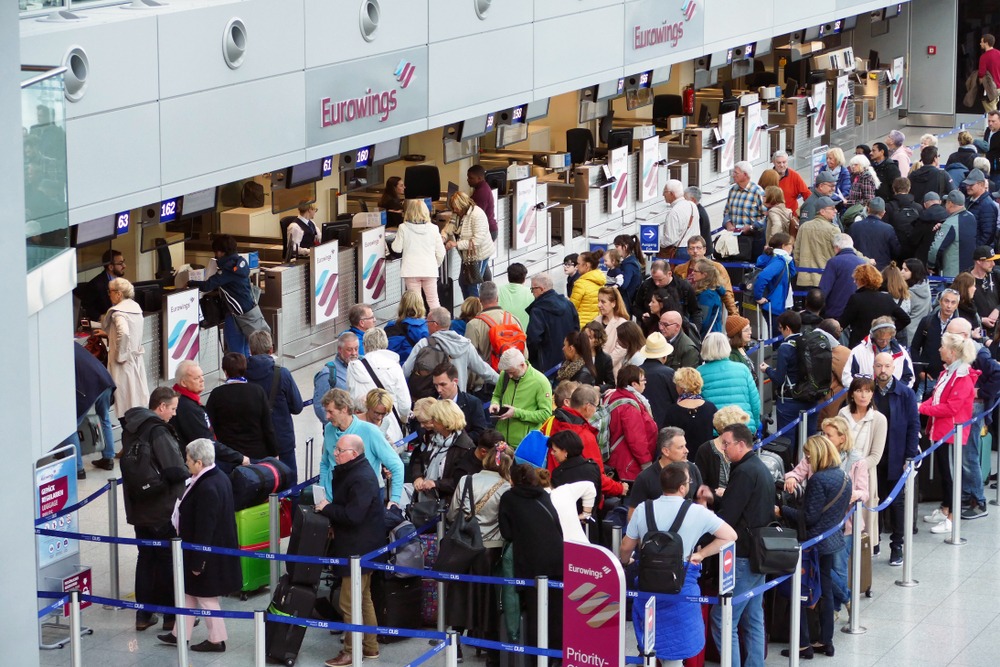France is bracing for major flight disruption next week after the country’s largest air traffic control union announced a three-day strike from 7 to 9 October.
The SNCTA union said the walkout will begin on the morning of 7 October and last until the end of night duty on the morning of 10 October, although no specific times were provided. The action is expected to cause widespread cancellations and delays across French airports and will also affect overflights, disrupting journeys across Europe.
The strike was originally scheduled as a 24-hour action on 18 September but was postponed following the collapse of Prime Minister François Bayrou’s government earlier in the month. SNCTA has renewed its demands for improved pay and working conditions for air traffic controllers, urging members to down tools for the full three-day period.
The move follows a wave of disruption earlier this summer, when French ATC strikes caused significant travel chaos during the peak holiday season.
SNCTA has also called on members of the UNSA-ICNA union and CDG traffic watch agents to join the strike. But UNSA-ICNA has criticised the escalation, accusing SNCTA of inconsistency.
In a statement, UNSA-ICNA said: “By constantly zigzagging between their past signature and their current reversal, the majority union is losing the only thing that matters: credibility. The ICNA doesn’t need contradictory promises, but a strong and coherent line of defense.”
The air traffic control action comes alongside a rail strike planned for Thursday 2 October. According to local media, the impact on rail will be limited to minor delays on regional and intercity services, with TGV high-speed trains expected to operate as normal.
Passengers flying to or through France during the strike window are advised to check the status of their flights in advance and prepare for possible cancellations, re-routings or extended delays. Airlines are expected to issue travel waivers or rebooking options, while some carriers may offer to move passengers to alternative flights outside the strike period.


